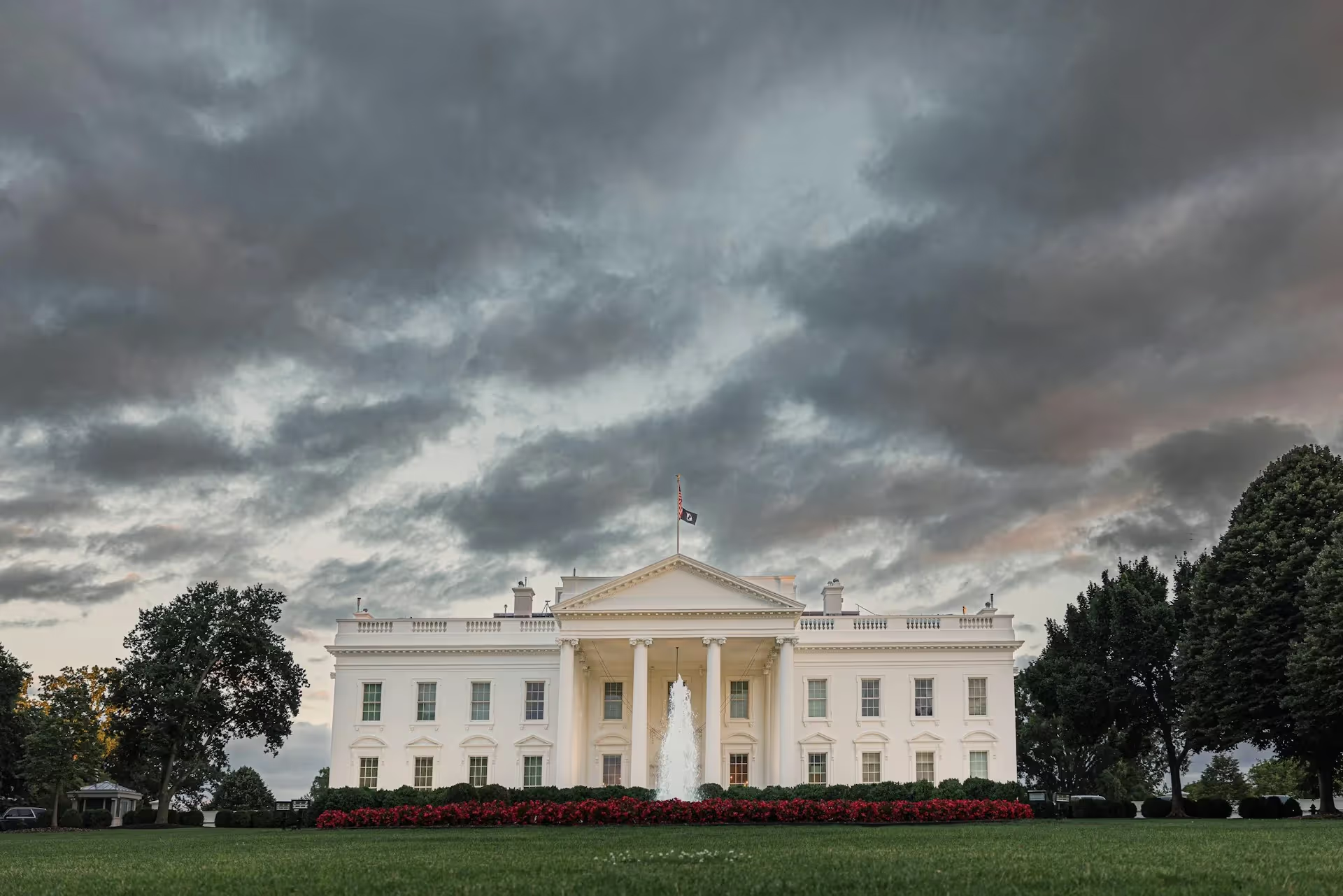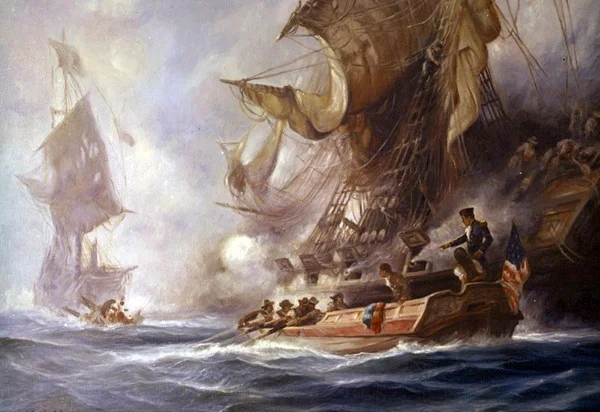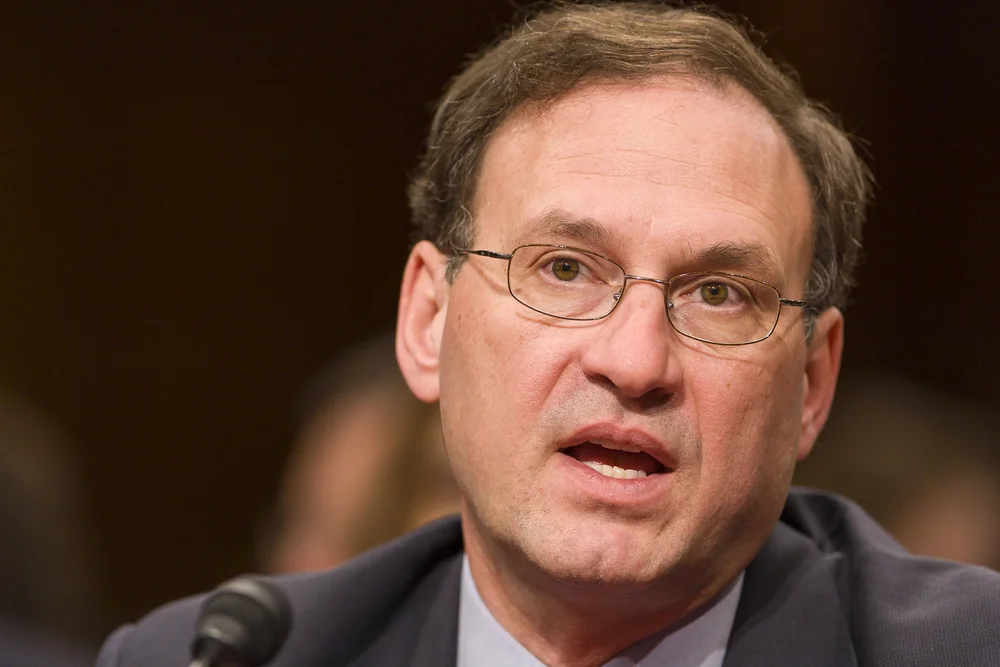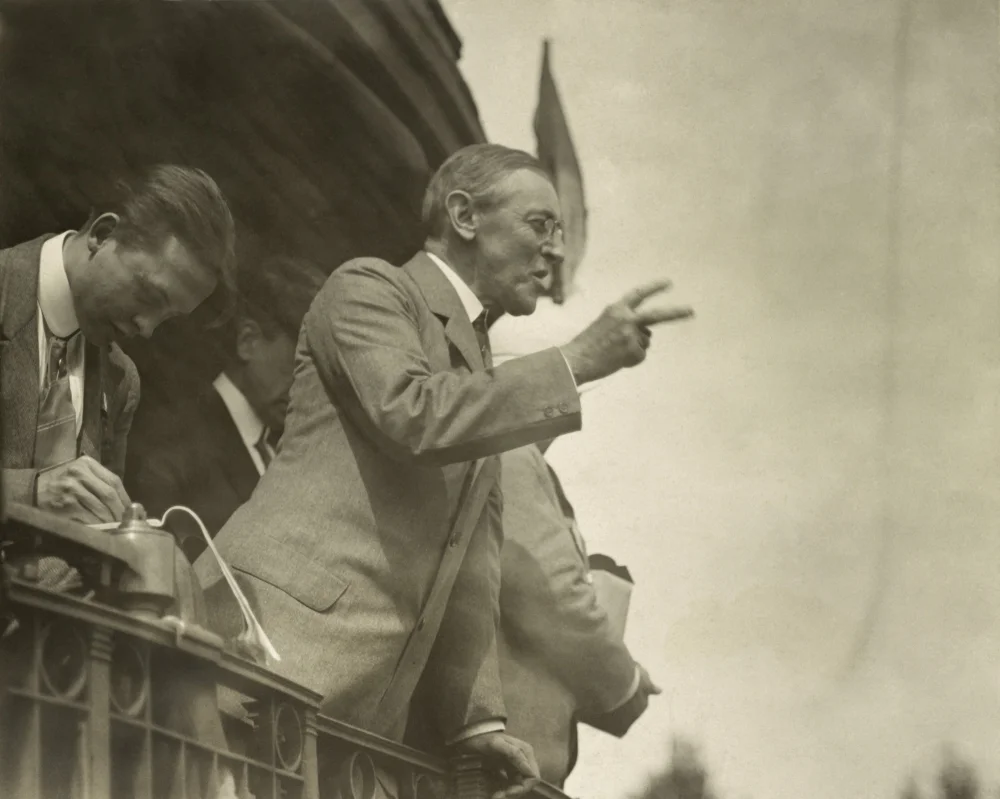
The Long History of Presidential Discretion
The Framers did not expect Congress to preauthorize every use of force or to manage military campaigns.
In “The Long Descent to Unilateralism,” Professor Sarah Burns argues that our nation has ended up at a constitutional place that the Framers did not intend. For much of the nation’s early history, she believes, presidents sought congressional approval before using force; Congress debated and funded or rejected those ventures, and power rebalanced once wars ended. Burns claims this pattern eroded after the Spanish–American War and is virtually absent today, leaving decisions over war almost entirely in the hands of the president.
But Burns finds us at the wrong destination because she begins the voyage from the wrong launch point. Burns’s account goes awry, first, because she mistakenly believes that the Constitution’s Declare War Clause requires Congress to preauthorize every conflict. The Clause, however, does not bear that weight. Second, she believes that presidents have seized this power because executives have continuously waged war without congressional permission. This imagines that the Framers imposed their approach to domestic policy—Congress authorizes first, the president executes second—upon the very different setting of national security and foreign affairs.
But instead of this strict, legalistic understanding of war, the Constitution adopts a flexible, political system for making the decision to go to war. The Framers deliberately separated the power to declare and fund wars from the power to start and direct them. They created a flexible system in which both branches could influence war policy. The Constitution allows Congress to retain an effective check on war-making through its power of the purse, while allowing the president to act with the speed and energy necessary to protect the nation’s security. Rather than a story of presidential usurpation, the American practice of war powers shows a president and Congress that have agreed on the basic structure and purpose of the American armed forces, the grand strategy pursued by the nation over decades, and individual wars throughout the twentieth and twenty-first centuries.
Constitutionalism

Amicus Brief: Hon. William P. Barr and Hon. Michael B. Mukasey in Support of Petitioners
Former AGs Barr and Mukasey Cite Civitas in a SCOTUS Brief

Rational Judicial Review: Constitutions as Power-sharing Agreements, Secession, and the Problem of Dred Scott
Judicial review and originalism serve as valuable commitment mechanisms to enforce future compliance with a political bargain.

Supreme Court showdown exposes shaky case against birthright citizenship
Supreme Court will hear challenges to Trump's order ending birthright citizenship, testing the 14th Amendment's guarantee for babies born in America.


.avif)










.avif)





